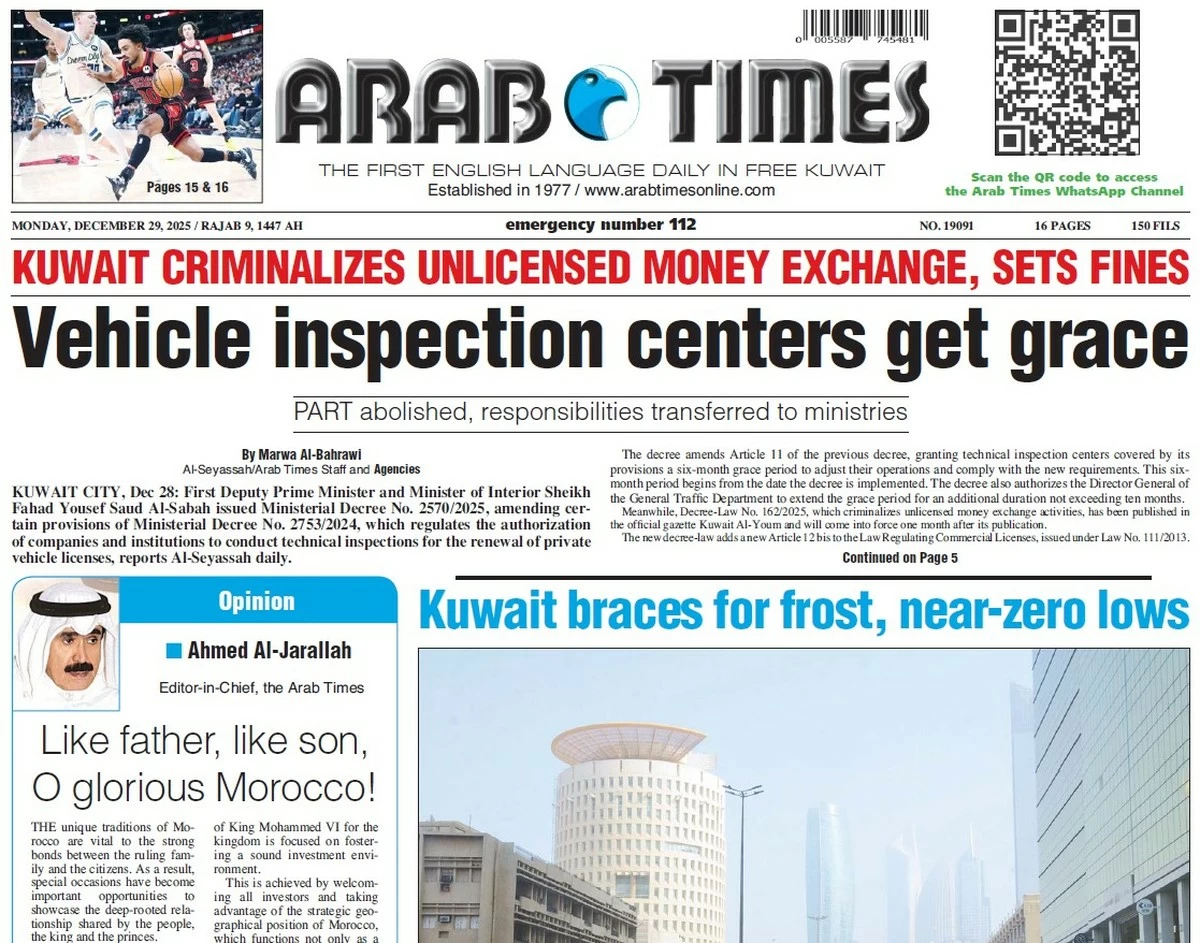19/10/2016
19/10/2016
 Intisaar Al-Ma’touq
Intisaar Al-Ma’touqAfter the withdrawal of British colonial administration from the Arabian Gulf, there was political and security vacuum in the Gulf and it was feared that it will be filled through one of two regional powers at the time — Iraq and Iran. This led to the establishment of the Gulf Cooperation Council (GCC) to serve as the belt of member-States including the Kingdom of Saudi Arabia, Kingdom of Bahrain, Sultanate of Oman, State of Kuwait, State of Qatar and United Arab Emirates (UAE). |
The objective behind the organization of GCC was to strengthen its members and to address political and security loopholes; for these countries to become one huge strong entity with absolute sovereignty, able to defend their gains and borders from military aggression that could occur as a result of the Iraq-Iran war then.
The anxiety that existed since the 1980s somehow materialized when Iraq invaded Kuwait on Aug 2, 1990. This incident woke up the GCC titan and made it operate with high political skills to return Kuwait to its people through various ways, whether diplomatically or militarily. The GCC tackled the incident amazingly and continued to deal with it even after the liberation of Kuwait, when Iraq was obliged to abide by the United Nations Security Council resolutions related to aggression on the country of peace.
Among the important objectives of GCC’s political strategy which led to its establishment was the formation of a joint foreign political position that gives the GCC weight in the Arab, regional or international arenas.
These objectives are based on the principle of mutual respect which entails avoiding interference in the individual characteristics of any of the GCC member-countries, as well as defining joint interests in order to create a Gulf society that is huge in terms of its security and stability.
After all these years, some mercenaries thought the GCC countries are just a fancy table where honorary conferences are held and paper tiger heroism is manifested. They thought the GCC organization has been affected by political rust which made it lose the glamour it used to have just by holding meetings on the discussion table.
One question comes to mind: Is there a secret internal conflict between its members that could loosen the belt which binds this organization? Could it be the reason behind the delay in signing the GCC security pact, especially at a time we are in dire need of it?
At the moment, the Arabian Gulf appears to major countries as a charming widow who inherited treasure from nature and it is necessary to have her by hook or by crook. This is why we insist on shunning any existing dispute that could be brewing behind the curtains, and to align interests based on welfare of the region and its people.
It is imperative to expedite implementation of the GCC security pact and expand it to include agreements on security, economy, education and society in a manner that will thaw the ice which divides these six nations. In this way, we can have borders of a country known as Arabian Gulf State on the map and in reality.
Individual GCC countries cannot stand for long in front of the international wave of change, hence, salvation is through unity and respecting GCC agreements.
By Intisaar Al-Ma’touq


